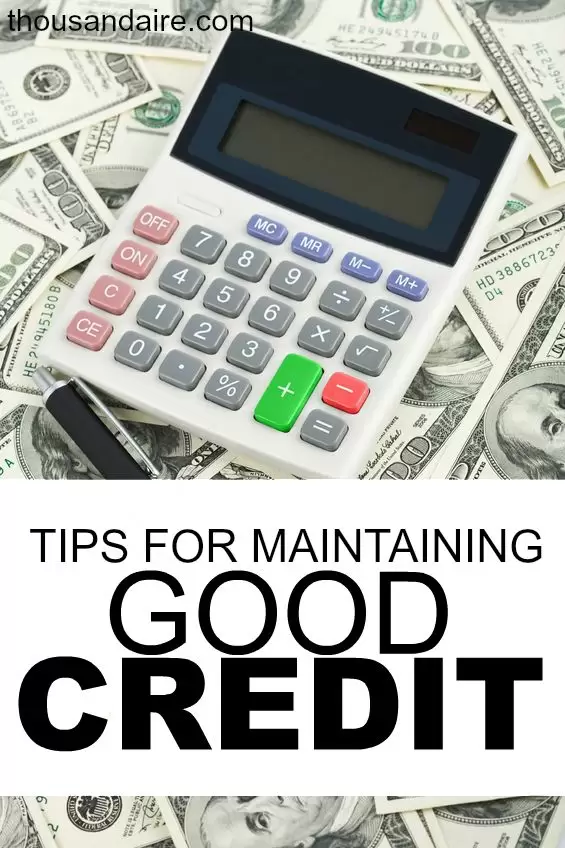This post is a contributed post from USA.gov. See their Financial Self-Defense Kit for advice on how to build financial confidence as well as safeguard your finances.
“It takes many good deeds to build a good reputation, and only one bad one to lose it.”
— Benjamin Franklin
Your credit history is your financial reputation. And just like your professional and personal reputations, your credit history takes many years to cultivate, can be easily damaged, and will follow you for the rest of your life.
Sound intimidating? Good. Are you scared? Don’t be.
Yes, maintaining good credit is important. Nearly everyone will need to borrow money from a lender at some point — say, for buying a car — and your credit history determines whether you qualify for a loan and, if you do, what interest rate you pay. It can make or break your application for a credit card. A prospective landlord can check it to judge whether you’ll be a responsible tenant. Potential employers may request your credit reports to see if there are any red flags.

Luckily, many resources are available to help you learn how to successfully establish — and maintain — a healthy financial reputation. Here are three tips for creating a stable foundation for good credit:
Monitor your credit reports
Understanding your financial habits — such as payment history and spending patterns — can help you improve them! Your credit score is generally based on information in your credit reports. Mistakes on your credit reports could hurt your credit score, so check them regularly. Make sure to check that your reports don’t contain any errors, such as incorrect contact information, closed accounts listed as open, or an item like an unpaid debt listed twice.
If you find something wrong in a credit report, you should contact both the credit reporting agency that produced it and the creditor that provided the information.
Pay your bills on time
This is one of the simplest ways to keep your credit score strong — yet, with the hustle and bustle of everyday life, it can be easy to lose track of time and miss payment deadlines. Set up auto-payments or electronic reminders to ensure that you won’t be hit with late-payment penalties. Paying bills late can also hurt your credit score, which in turn can raise your interest rate — meaning that you’re out even more money.
It’s a common misconception that the best way to improve a credit score is to pay off all of your accounts and close them. Get up to speed on your payments and stay on schedule, but be careful when closing accounts. Doing so eliminates some of the credit available to you, making balances appear higher when compared with the combined credit limit of all of your accounts. Also, if you managed that account well and made payments on time, closing it will remove all the positive benefits of your responsible credit behavior on your report and score.
Don’t get close to your credit limit
Credit scoring models look at how close you are to being “maxed out,” so keep your balances low in proportion to your overall credit. Experts advise keeping your use of credit at no more than 30 percent of your total credit limit. That means that if you have $12,000 of available credit, you shouldn’t use more than $3,600.
You can decrease your credit utilization ratio over time by paying as much of your credit card balance as possible each month. If you can, pay more than the minimum balance due; this will increase your available credit and decrease your utilization ratio faster.
Just as a shining professional reputation can take you far in your career, your credit score can make or break your financial status. To learn more about how to establish a stellar financial reputation, visit FinancialProtection.USA.gov.
James Hendrickson is an internet entrepreneur, blogging junky, hunter and personal finance geek. When he’s not lurking in coffee shops in Portland, Oregon, you’ll find him in the Pacific Northwest’s great outdoors. James has a masters degree in Sociology from the University of Maryland at College Park and a Bachelors degree on Sociology from Earlham College. He loves individual stocks, bonds and precious metals.

